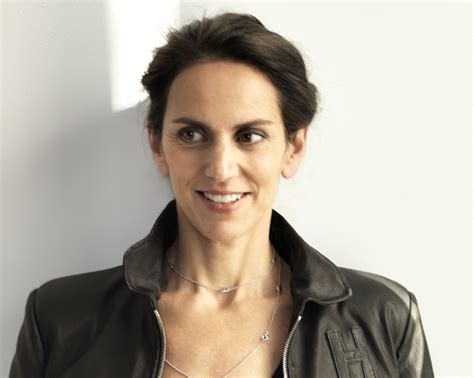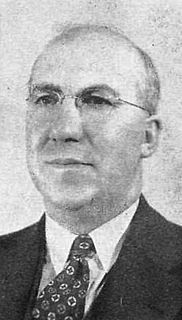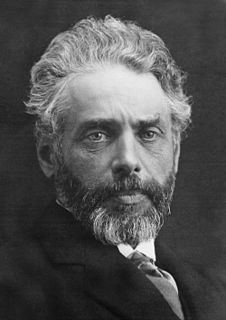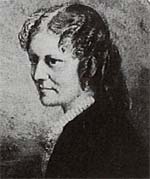A Quote by Barbara Tuchman
The Church [in the 14th century] gave ceremony and dignity to lives that had little of either. It was the source of beauty and art to which all had some access and which many helped to create.
Related Quotes
The most challenging thing about this one was the vast amount of material we had at our disposal. We had a lot of media to go through - instead of fashion spreads, which informed The Eye Has To Travel, we had art, which was fantastic. I was spoiled by the access we had to these incredible archives and footage.
I have an idea that the only thing which makes it possible to regard this world we live in without disgust is the beauty which now and then men create out of the chaos. The pictures they paint, the music they compose, the books they write, and the lives they lead. Of all these the richest in beauty is the beautiful life. That is the perfect work of art.
It's clear that there has to be some play between the vitality of invention in economic life and some regulation of it, and in some ways the great ideological wars of the 20th century that cost so many lives had to do with whether to have managed economies directed by government or economies directed by the free movement of capital, which is only partially subject to government regulation.
There's a beauty shop companion called School of Beauty, School of Culture at the Birmingham Museum of Art. I got an email that said a couple had a guerrilla wedding in front of that picture. They slipped into the museum with a preacher and had their wedding ceremony in front of it. It turns out that the woman is a beautician and the man is a barber, they had seen that picture, and they said it was the perfect place to get married.
Mr. Browborough, whose life had not been passed in any strict obedience to the Ten Commandments, and whose religious observances had not hitherto interfered with either the pleasures or the duties of his life, repeated at every meeting which he attended, and almost to every elector whom he canvassed, the great Shibboleth which he had now adopted "The prosperity of England depends on the Church of her people.
Some years ago I was working on some forms which were vase forms with a fairly narrow base, and it was after [Hans] Coper had died that I saw an exhibition of his, a catalogue from an exhibition, and he was showing some forms which were made by cutting and joining a lot of different parts together to create what he called a spade form, which you can imagine looks a little bit like a shovel upside down.
I remember very vividly a little plaid dress on which my father sewed all these hanging beads, little horses and stuff. It was my favourite thing ever. I had it when I was four, and I kept it until I was 12, when I gave it to the little neighbour girl. For years, I regretted giving it to her, even though I had no use for it.
The beauty of a finely worked object points to the beauty of the craftsmanship. The beauty of the craftsmanship points to the beauty of the name which was the source of the craftsmanship. The beauty of the name of the craftsman's art points to the beauty of the craftsman's attributes manifested in that art.







































